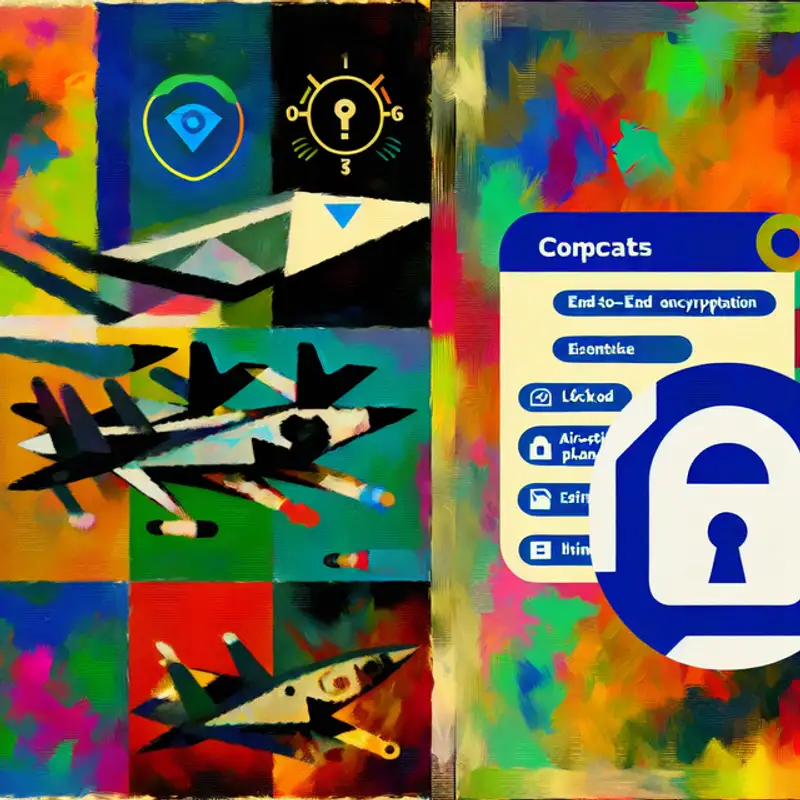If you’re just hearing about Signal thanks to a wild headline—like a top military airstrike planning group accidentally adding The Atlantic’s editor-in-chief—don’t worry, you’re not alone. But don’t let the bizarre entry point distract you: Signal is one of the most private, secure messaging apps available today, and it’s worth learning how to use, even if you’re not planning national defense ops. Developed by a nonprofit, Signal sets itself apart with truly minimal data collection, strong end-to-end encryption, and features designed to protect users against both hackers and nosey governments. Whether you're a journalist, an activist, or just someone who doesn't like the idea of your texts floating around corporate servers, Signal is a top-tier privacy tool. As writer Allison Johnson puts it, “You don’t need to be a reporter or a government official to want a little more assurance of privacy.”
Key Points:
- Signal is a free messaging app available on iOS and Android that emphasizes security and privacy by default.
- What sets Signal apart: It uses robust end-to-end encryption, meaning messages are only readable by the sender and recipient—not by phone companies, the app, or any snooping entities.
- Unlike platforms like WhatsApp or iMessage, Signal collects virtually no user data—only your account creation date and last activity time.
- Even though WhatsApp offers encryption, it still stores metadata like your contact list and offers that data to law enforcement when legally required.
- Signal’s minimal data collection makes it popular among journalists, activists, and anyone with privacy concerns—but it’s suitable for anyone who wants to guard their communications.
- Key security features include disappearing messages, app lock using biometrics or PIN, and the ability to hide conversation previews in the multitasker view.
- Downsides: If you switch devices, you need your old phone to transfer messages because there’s no cloud backup. Also, both parties must be using Signal for encryption to apply.
- Real-world consequences of poor encryption: In Nebraska, Facebook turned over unencrypted chats between a mother and daughter, which were used in a legal case.
- Signal can’t protect you from user error—like adding the wrong person to a chat—so users are advised to customize nicknames for clarity.
- Pro tip: Set a disappearing message timer and require authentication to open the app for added protection, particularly when traveling across borders where phones can be searched.
Final thought: Signal isn’t magic, but it’s one of the best tools we have for securing digital conversations. Just don’t accidentally text your airstrike plans to a journalist.
Link to Article
 Episode
Episode